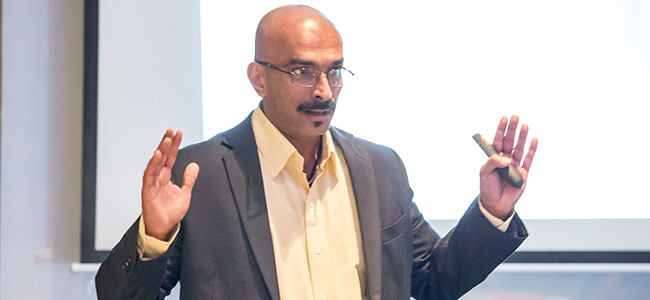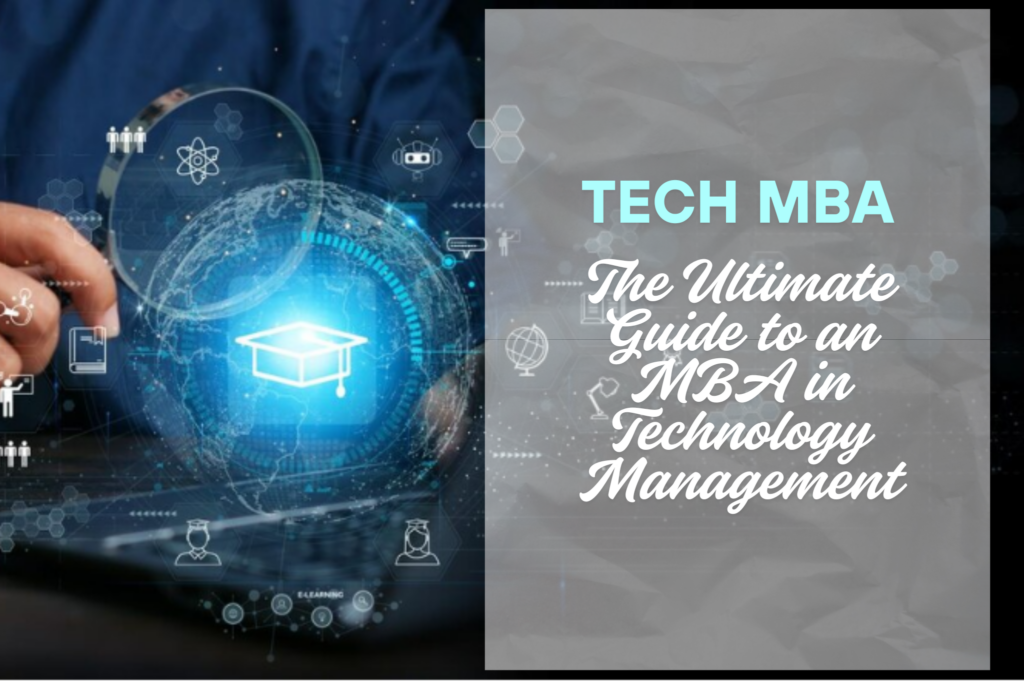It’s All About The Person in Front of Me...
“I absolutely believe that people, unless coached, never reach their maximum capabilities” - Bob Nardelli, CEO, Home Depot
Someone who loves to work with people, rather than with things or numbers couldn’t have chosen a better profession. Shaleel Nalakath is a seasoned Coach who conducts sessions on executive presence at IPL.
An MBA graduate from Pondicherry Central University, Shaleel is a credentialed PCC coach and an accredited practitioner in MBTI, FIRO, DiSC and Hogan psychometric profiling instruments. He realised early on that his interest and passion was in observing people and their behaviours. His experience in the learning and development field since spans 12 years. Having worked with and made a difference to 6000+ people, both as individuals and teams, Shaleel is a sought-after Mentor and Coach for executives.
Apart from providing guidance to people’s lives and careers, Shaleel also takes time out to be fit and enjoys short trips when possible. We caught up with him to know more about the kind of person he is and his journey thus far.

Q: You began your career from a shipping and financial corp. How did you land yourself in the training/coaching field?
I started my career in exports, and then moved into the construction industry. As a youngster, I was already teaching, and I suppose that’s stuck on over the years. Moving back to Bangalore after a 10 year stint abroad, I wanted to to do something connected with teaching. Having corporate experience, training became the natural field to go to. This was also 2005 when there was a lot of demand for trainers, and so there were a lot of opportunities to move into that space.
Q: How important is Executive Presence for product leaders? Why?
Executive Presence (EP) is important to the extent that leaders need to have the ability to have a factor of attractability, of having the quality of wanting to be listened to. Good EP is built over years with heavy emphasis on gravitas which in some ways is like your reputation preceding you. EP is not made in a day. It needs to be built.
Q: What difference do presentations skills, body language, voice et al make when you are on a leadership track?
Acceptability and receptivity are two important things that are needed for anyone on the leadership track. To this extent, presentation skills, positive body language, and a good voice are very helpful. However they are not the only things that matter. All of this should be matched by substance, and clear knowledge of what one is talking about, or the experience one brings to the table is vital. Of course, the ability to communicate it is important, but if you don’t have the expertise / knowledge / experience, what are you going to communicate?
Q: The one skill you think is pivotal for product leaders? How do you develop the skill?
As any leader, product or otherwise, don’t forget that you are a human being. Behave like one. Be aggressive about your goals. However remember that as you travel on that journey, there are people you need to interact with in the pursuit of your goals. Treat them as you would like to be treated yourself, and remember that there are so many different types of people, just as talented as you are, or maybe even more.
Q: There is a perception that one needs to have Executive Presence when one becomes an executive or a leader with some authority. How important is it for anyone in the company, no matter where they are on the org chart to be mindful about and build their EP?
You might want to be mindful of ramping up skills and being technically sound, learning how to communicate effectively, interacting with people responsibly, and be a person with integrity. If you do these, anyone’s EP is bound to go up. It is worth the effort to do these things and gain respect over a period of time rather than be an island, or expect that EP is something that can be made overnight. And it is important for all to do. Even a peon in the office can have EP if he does the right things.
Q: One leader you often find inspiration in?
Barack Obama, Bill Clinton, P Mohamed Ali ( who was my MD at a previous organisation). My admiration for them is for different reasons. And to this list I also add Gandhiji, whose brand of EP was something that was completely different.
Q: How has being a coach/trainer influenced your attitude and personality outside of work?
You are never able to train something with passion until you actually live it. I also learn a lot when I teach something, and sometimes both life and training feed into one another. Oh, yes, I certainly would like to think that I have evolved, and partly because of my profession as a Trainer, Facilitator and a Coach
Q: What attracted you to become a faculty at IPL?
It’s rather that factor that helps me to continue being at IPL. We are dealing with a bunch of very smart and committed individuals amongst the students.I think it’s a privilege to interact with them, and learn and help at the same time. As far as IPL itself is concerned, I see a buzz all the time, the system is always in motion. That’s a great sign about the health of an organisation.
Q: What advice do you have for a techie – a person who is on a technical track? Often, there is a perception that techies are in the “me and my code” or “me and my software design” mode – that they don’t really need to be mindful of people skills or personality development. Do you agree with this perception?
“ I, me and my system”, is a common perception that techies have. However, they need to ask themselves the question, “ What am I doing this code for?” or “ Who is going to benefit from this project?” or “ What I am doing now, who is going to experience it?” If you don’t ask yourselves this question, you are denying yourself the opportunity of being able to grow and do even more meaningful work. The idea is to have “self-interest” but not be “selfish”. Nobody is an island. That would be the advice I would give anyone.
Q: What about women in technology – women are still a minority in most organizations, especially technology groups. There is a sharp drop off of women in mid-level leadership positions and in the boardroom. Why do you think this happens? And what would you advice a woman who wants to climb the leadership ladder? How does she make her presence felt and valued at a table full of men?
Whether we like it or not, India as a society is still in the process of shaking off the patriarchal yoke off of our shoulders. It’s going to take time. This struck me during a recent train journey when I was conversing with a group of well-educated, successful men. At one point, one of the gentlemen said, “My daughters and nieces are all well educated, they have got degrees and postgraduate degrees, but that’s all a time pass. Once they get married, it does not make a difference.”
Till such a time that we as a society continue to see women’s education as “time pass”, and women’s occupations as jobs (not as careers) only to bring in a secondary income into the family, the number of women leaders is going to continue to be small. The narrative that still plays in our societies is that women should be the primary (and better) caregiver at home.
As far as advice to women go, the first question I would ask them is: Is it a job or a career? If it is a career, don’t shy away from the challenges, stand firm, and let your actions speak for themselves. Build your gravitas as you move on, and focus on what you really want from your career. Continue to dream!




